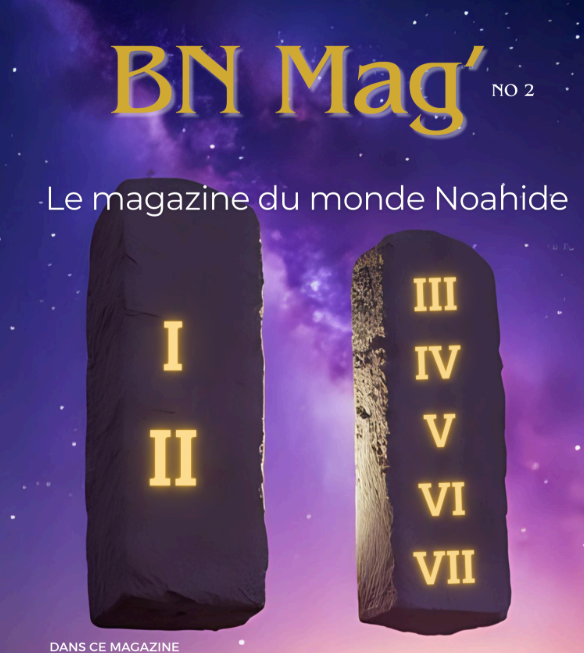Q: Why do we list only seven mitzvot that Noahides must perform? If a Noahide observes the Shabbat, they serve more than the seven mitzvot.
A: The term "Seven Mitzvot of Noachide" appears in a Baraita in the Tractate Sanhedrin, where there is a list of the seven mitzvot – six main prohibitions and the requirement to establish courts of justice. According to one source in the Talmud, there are in all thirty commandments (Chulin 92), and there is a discussion on the details of these thirty mitzvot. Rabbi Aaron Lichtenstein (from the United States, a cousin of Rabbi Aharon Lichtenstein Zatz" l from Israel) lists sixty-six mitzvot. The "seven" commandments (mitzvot) are viewed as seven general principles or categories of commandments. In the same way, the Ten Commandments include all 613 of the mitzvot that the Jews commanded to observe.
According to Rav Nissim Gaon, Bnei Noach must perform all the mitzvot their logic would lead them to do. But this raises a problem: some deeds which seem appropriate and reasonable in some societies are
are perceived as unreasonable by other communities. Therefore these mitzvot do not appear in the standard list.
We accept that Noahides are allowed to take on an obligation to perform other mitzvot. But the Holy One, Blessed be He, did not require them to do so, and such "volunteer" deeds, therefore, do not appear in the list of mitzvot.
Click here to learn more
Here you can learn some old Hebrew sources




